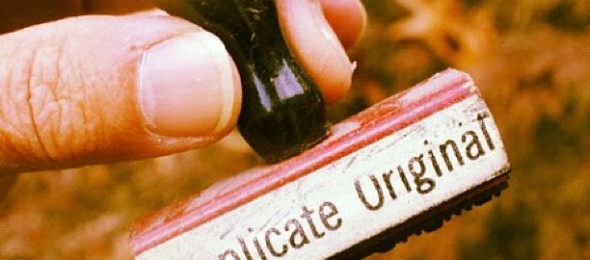Last week, the United States Supreme Court granted certiorari in a potentially significant patent case regarding whether the adversarial process currently used by the United States Patent and Trademark Office to analyze the validity of and cancel existing patents is constitutional. In Oil States Energy Services, LLC v. Greene’s Energy Group, LLC, et al., No. 16-712, Greene’s Energy Group filed a request for an inter partes review of two patent claims owned by Oil States Energy. After a Patent Trial and Appeal Board instituted a trial pursuant to 35 U.S.C. § 314(a), the Board found that the patent claims at issue were not patentable and denied Oil States Energy’s Motion to Amend.
In response, Oil States Energy filed an appeal with the United States Court of Appeals for the Federal Circuit. The appellate court affirmed the Board’s Final Written Decision and the company next sought review by the nation’s highest court.
On June 12th, the Supreme Court agreed to consider one of the three questions presented by Oil States Energy:
- Whether inter partes review – an adversarial process used by the Patent and Trademark Office (PTO) to analyze the validity of existing patents – violates the Constitution by extinguishing private property rights through a non-Article III forum without a jury.
The potential ramifications of this case could be far-reaching as approximately 7,000 post grant petitions have reportedly been filed since inter partes review proceedings were implemented by the Leahy-Smith America Invents Act in 2012.
HT to Dennis Crouch at Patently-O.
Photo credit: woodleywonderworks via Foter.com / CC BY














